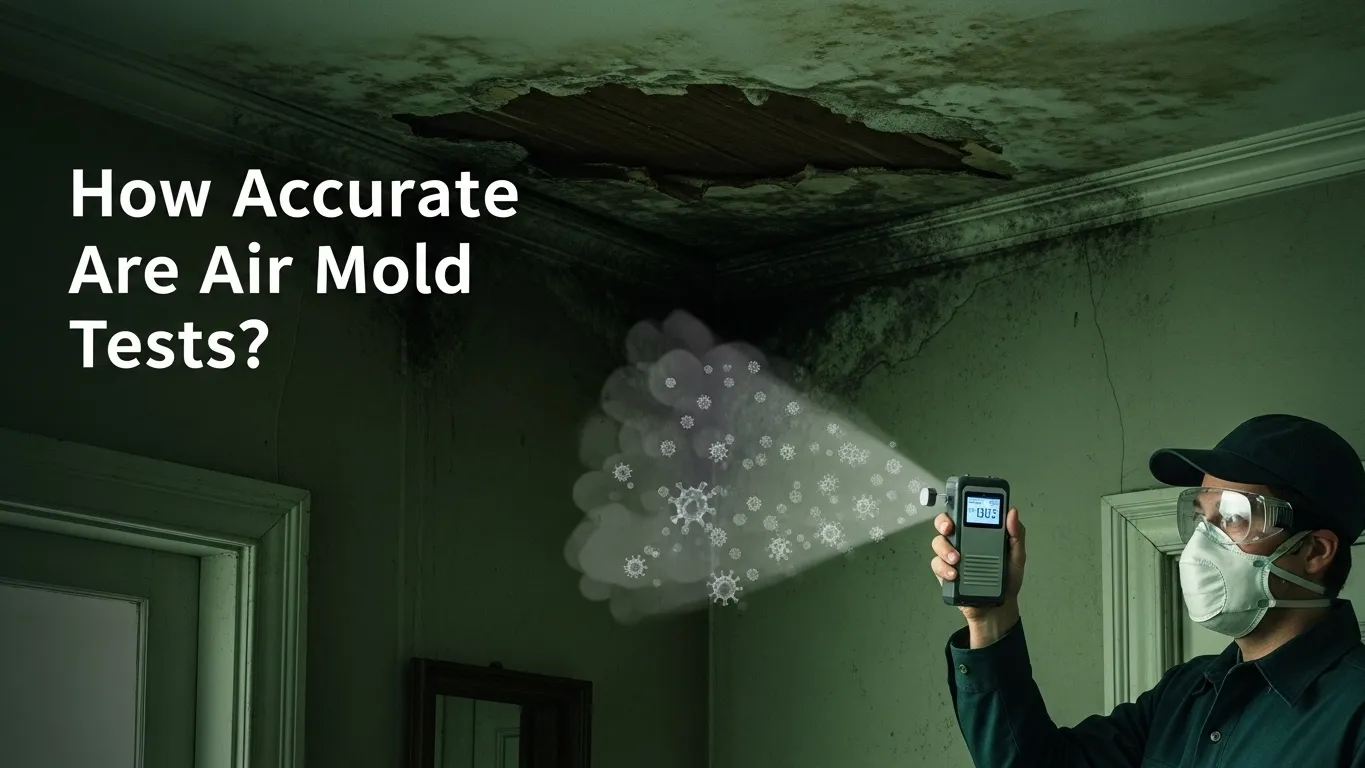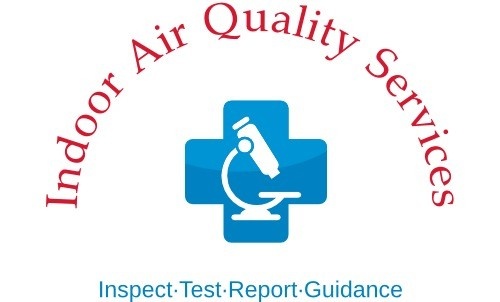
How Accurate Are Air Mold Tests?
Sep 27, 2025
When you notice signs of mold in your home—like musty smells, visible spots, or unexplained allergy symptoms—the first instinct is often to confirm its presence with testing. But one common question arises: how accurate are air mold tests? This is an important concern because mold exposure can cause health issues, property damage, and costly remediation if not handled properly.
Air mold testing is designed to measure the number of mold spores present in the air at a given time. While this method can provide valuable insights, the results are not always 100% reliable. The accuracy of these tests depends on several factors, including sampling te.chnique, environmental conditions, and laboratory analysis. Let’s break down the details to better understand how much trust you can place in air mold test results.
The Challenge of Detecting Mold Spores
Mold spores are incredibly small, often invisible to the naked eye, and can float freely in the air. Since they spread quickly and exist naturally outdoors, detecting them indoors can be tricky. Even if mold is present inside your home, an air mold test may not always capture enough spores to confirm it.
For example, if you test during a time when spore activity is low, the results may suggest that your air is clean—even though hidden colonies are growing behind drywall, under carpets, or in HVAC systems. This inconsistency leads many homeowners to wonder: how accurate are air mold tests when compared to other inspection methods?
Factors That Affect Accuracy
The accuracy of air mold tests varies widely based on conditions. Here are the main elements that influence test results:
1. Sampling Method
Professional inspectors use high-quality air pumps and spore traps, which are far more accurate than basic DIY kits. Poor sampling equipment can easily distort results, underestimating or overestimating spore levels.
2. Timing and Environmental Conditions
Mold levels don’t remain steady. Weather changes, humidity, and even recent cleaning can influence spore counts. For instance, vacuuming before testing may stir up spores, creating artificially high results.
3. Airflow and Ventilation
The way air circulates in your home impacts mold detection. Poorly ventilated spaces may show low counts, even when mold is present. On the other hand, strong airflow can disperse spores, sometimes exaggerating results.
4. Location of Testing
Testing only one room provides a limited snapshot. Mold problems often hide in damp areas like basements, bathrooms, and attics. Taking multiple samples across different parts of the house improves accuracy.
5. Laboratory Analysis
Once samples are collected, they must be analyzed in a lab. Accredited labs with skilled technicians provide more precise results than low-cost, non-certified facilities. The credibility of the lab can make a big difference in how reliable the results are.
Why Accuracy Matters in Mold Testing
Since mold exposure can harm both health and property, accurate testing is crucial. Reliable mold results are important for:
- Better Health Outcomes – Mold exposure has been linked to asthma, allergies, and respiratory issues. Accurate testing ensures early detection and prevention.
- Smarter Remediation – By identifying mold types and spore counts correctly, homeowners can choose targeted solutions instead of unnecessary treatments.
- Legal & Insurance Validity – Many insurance claims or legal disputes require valid test results. Accurate testing helps avoid disputes or claim denials.
- Professional Credibility – For inspectors, contractors, and remediation experts, accuracy builds trust and reinforces expertise.
Comparing Air Mold Tests to Other Methods
When asking how accurate are air mold tests, it’s important to compare them with alternative testing approaches:
- Surface Sampling – Useful for identifying visible mold growth, but limited to small areas.
- Bulk Testing – Involves sending materials (like drywall or carpet) to a lab for analysis, often more reliable for hidden mold.
- Swab Testing – Detects specific mold species but doesn’t measure airborne levels.
Air mold testing is valuable because it captures spores you can’t see, but it’s most effective when used alongside these other methods.
Are DIY Air Mold Tests Reliable?
DIY mold test kits are popular because they are inexpensive and easy to use. However, their accuracy is questionable. These kits often lack professional-grade equipment, don’t account for environmental conditions, and rarely include certified lab analysis.
While a DIY test might reveal the presence of mold, it usually won’t provide the detailed, reliable information needed for remediation. That’s why professionals recommend using certified inspectors instead of relying solely on at-home kits.
How to Get the Most Accurate Results
If you want the most dependable mold test results, here are some tips:
- Hire a Certified Professional – Look for inspectors with experience and proper training.
- Test in Multiple Areas – Don’t limit the test to just one room; sample different parts of the house.
- Avoid Testing After Disturbance – Don’t clean, vacuum, or move furniture right before testing, as it can alter results.
- Check Environmental Conditions – Humidity and temperature should be stable during testing.
- Choose a Certified Lab – Always confirm that samples are analyzed by an accredited laboratory.
Common Misconceptions About Air Mold Testing
Many homeowners misunderstand what air mold testing can and cannot do. Here are a few myths to clear up:
- Myth 1: One test is enough. In reality, multiple samples over time provide more reliable data.
- Myth 2: A negative result means no mold. Mold may still exist in hidden areas even if spore levels are low during testing.
Myth 3: DIY kits are just as good as professionals. Professional testing includes advanced equipment and expert analysis that home kits cannot match.
Schedule Your Indoor Air Quality Check Today
Worried about the air inside your home? Our professional indoor air quality inspections help identify hidden pollutants, allergens, and airflow issues so you can breathe cleaner, healthier air with confidence.

